
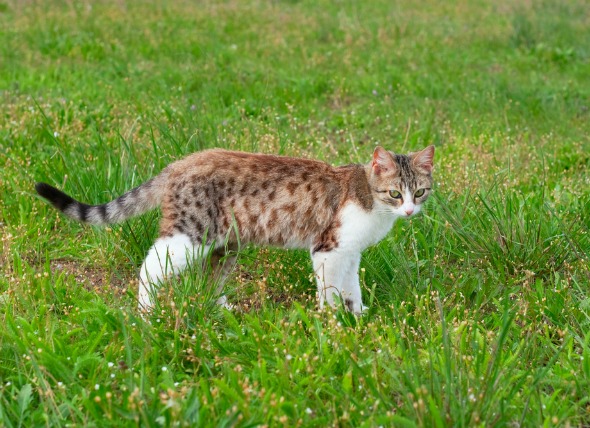
It is not known why some types of diarrhea are responsive to antibiotic while others are not. Veterinarians often find it controversial to give antibiotics to treat diarrhea, but when antibiotics do resolve the diarrhea, they speculate that the cause of this kind of diarrhea was from a small intestinal bacterial overgrowth.
Current theories as to its cause focus on the possibility of immune dysregulation possibly associated with abnormal CD4+ T cells (immune cells), IgA plasma cells (antibodies), and cytokine (a chemical messenger) expression.
Unknown, but certain bacteria are suspected:
You will need to give a thorough history of your cat's health, onset of symptoms, and possible incidents that might have preceded this condition. Your veterinarian will perform a complete physical exam on your cat, including a blood chemical profile, a complete blood count, an electrolyte panel and a urinalysis.
A fecal smear should be examined microscopically to rule out parasite infestation. Blood levels of cobalamin may be low. X-rays should be taken to rule out other causes of diarrhea. Because there are several possible causes for diarrhea, your veterinarian will most likely use differential diagnosis. This process is guided by deeper inspection of the apparent outward symptoms, ruling out each of the more common causes until the correct disorder is settled upon and can be treated appropriately. To diagnose antibiotic-responsive diarrhea all other possible diagnoses will need to be ruled out. In addition, the diarrhea should improve and resolve when your cat is treated with antibiotics.
Most patients may be treated on an outpatient basis. Your veterinarian will guide you in planning a low-fat, highly digestible diet for your cat during the treatment and recovery process, along with the prescribed antibiotics. If your cat has decreased blood cobalamin levels (due to lack of intestinal absorption), cobalamin (vitamin B12) supplements will be prescribed until levels have increased to a normal level.
During the recovery, feed your cat a low-fat, low stress, highly digestible diet. Your veterinarian will schedule follow-up appointments with you for your cat to monitor the diarrhea until it has resolved.
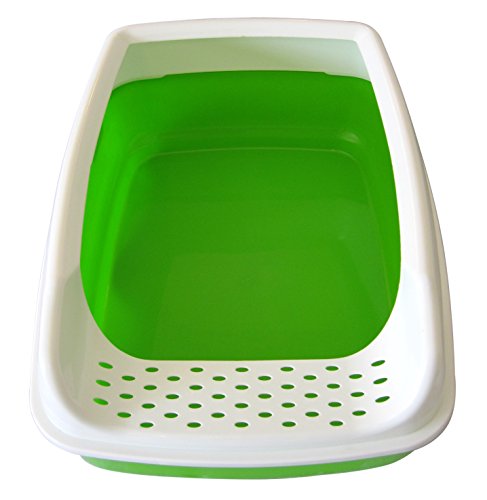 How to Stop Cat Litter Tray Avoidance
Cat litter is probably about
How to Stop Cat Litter Tray Avoidance
Cat litter is probably about
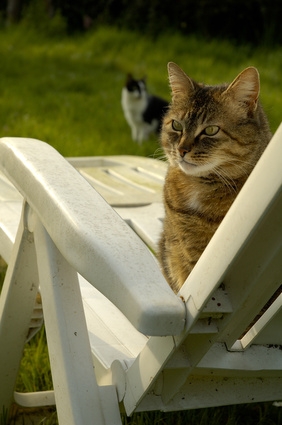 How to Stop a New Cat From Being Aggressive to Other Cats In the Home
How to Stop a New Cat From Being Aggressive to
How to Stop a New Cat From Being Aggressive to Other Cats In the Home
How to Stop a New Cat From Being Aggressive to
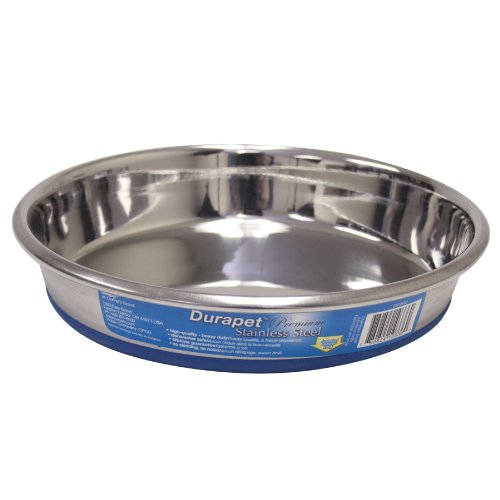 Water Bowls And Pet Fountains For Cats
How complicated can it be to
Water Bowls And Pet Fountains For Cats
How complicated can it be to
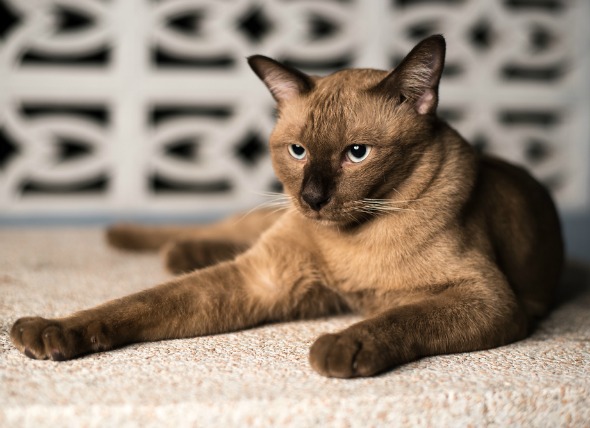 Kidney Failure (Long-Term) in Cats
Chronic Renal Failure in Cats
Sixteen out
Kidney Failure (Long-Term) in Cats
Chronic Renal Failure in Cats
Sixteen out
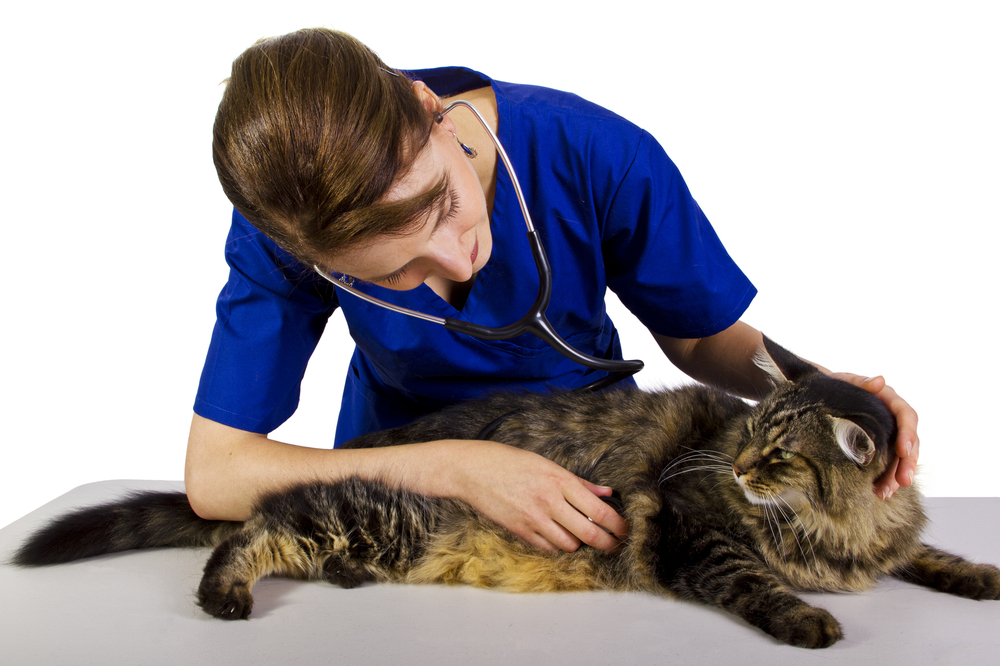 Fibrotic Hardening of the Lungs in Cats
Pulmonary Fibrosis in Cats
Cats can suffer from m
Fibrotic Hardening of the Lungs in Cats
Pulmonary Fibrosis in Cats
Cats can suffer from m
Copyright © 2005-2016 Pet Information All Rights Reserved
Contact us: www162date@outlook.com